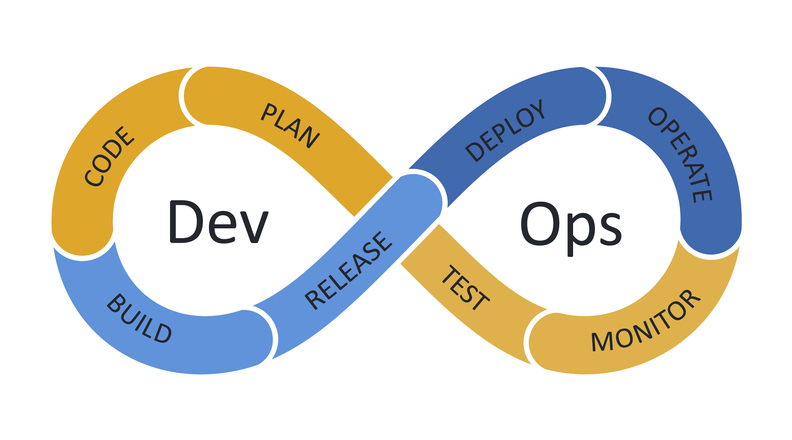
How Social Media Screening Can Help You Hire the Candidates
Employers should consider social media screening as a part of their pre-employment screening process. Pictures of applicants in compromising situations, posts displaying violence, or other negative behavior can all be uncovered through a properly performed search.
Table of Contents
Identifying Potential Issues
Social media screening is a great tool for identifying potential issues or red flags in candidates. Depending on how the screening is conducted, it can also be a powerful way to find information about a candidate that may not appear in their resume or during an interview.
However, there are a few concerns to consider with social media background checks. First, it is important to establish a clear policy on when and how screening will be done. This will help to make sure everything is clear and clear. It is also important to ensure that the policy complies with EEOC guidelines and that you have an adverse action process in place.
Another concern is the risk of unconscious bias. If a hiring manager sees content on a social media profile that goes against their beliefs or values, it could cause them to unfairly reject the candidate, even if they are qualified for the job.
Lastly, social media screens can be time-consuming and expensive. If you need a clear plan on how you will screen and what information you are looking for, you may spend more than you are saving. We recommend working with a trusted, experienced third party to screen your social media. This will ensure you get the most out of this important tool while avoiding unnecessary costs or legal risks.
Identifying Problem Employees
It’s easy to see why social media screening is catching on among hiring managers. Anyone you hire will represent your brand, interact with customers and potentially have access to your company’s valuable assets, so it’s important to make sure they are up to the task. But you are navigating what should be considered a reason to exclude someone from employment and what should be easy.
It can also be easy to fall victim to unconscious bias when conducting these checks. Suppose you’re reviewing your candidates’ Instagram accounts and see they are fans of a particular sports team or follow a certain religion. In that case, it might be tempting to give them the benefit of the doubt based on those aspects of their personality, but that could be a big mistake.
Using a professional service provider specializing in social media background checks can help you avoid the traps that can come with this type of research. These companies know what should be considered and what shouldn’t, so you can get the information you need without risking legal trouble. They can also ensure that the process is consistent with state and federal laws. That can save you time and money while reducing the potential for missed insights or discrimination. Outsourcing these services allows you to find the best candidates and reduce hiring risks.
Identifying Fraudulent Applicants
Social media screening allows a hiring manager to view an applicant’s social media profile and search for information that supports or detracts from a candidate’s candidacy for the position. It can also provide insight into a candidate’s background and current life, such as personal or professional opinions, comments on public pages, and other social media activities.
However, social media is constantly changing, making it difficult to keep up with an applicant’s social media footprint. Furthermore, a candidate’s profile can be edited or deleted by them at any time. Additionally, it is easy for someone else to hack an individual’s social media account and post anything they choose. This can be problematic for employers as it can cause false information to be shared that can be used against the company or its candidates.
Another potential problem with using social media to screen for employees is that it can be illegal if the process is used to discriminate against applicants for a particular role based on a protected characteristic. For example, suppose a company conducts social media screening and finds posts that refer to the candidate’s age, race, nationality, disabilities, or religion. In that case, this can violate equal opportunity laws and lead to the dismissal of an otherwise qualified candidate. This is why recruiters must use a trusted social media screening provider to ensure all questions asked are job-related, non-discriminatory, and applied fairly across all candidates.
Identifying Disgruntled Employees
Employers often screen candidates’ personal social media profiles to check for red flags that could impact the company culture or workplace safety. However, this can be considered discrimination if done incorrectly and open the employer to the lawsuit.
It’s important to understand that social media profiles are only a snapshot of an individual. Moreover, some information on an applicant’s profile may be protected by privacy laws and cannot be used during hiring. For example, many states prohibit employers from asking for passwords to private accounts or requesting access to their social media spaces. Additionally, federal law imposes requirements for consent and adverse action when conducting consumer reports such as background checks or criminal records.
Disgruntled employees can cause various problems in the workplace, from mishandling customer interactions to damaging behavior toward colleagues and the brand. Social media screening can help identify potential problems and avoid the expense and reputational damage of hiring a disgruntled employee.
While there are some things an employer can’t legally use as part of the hiring process, a lot of valuable information can be found on a candidate’s social media profiles. By utilizing the right tools and working with a trusted partner, it is possible to reap the benefits of social media screening while protecting candidates’ rights.


